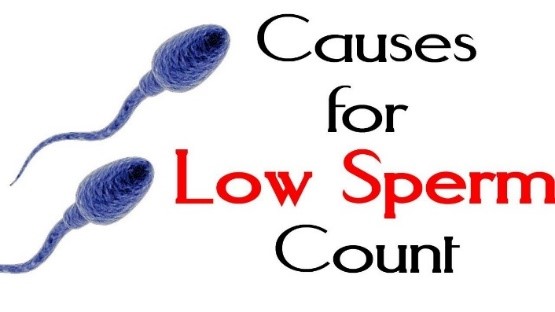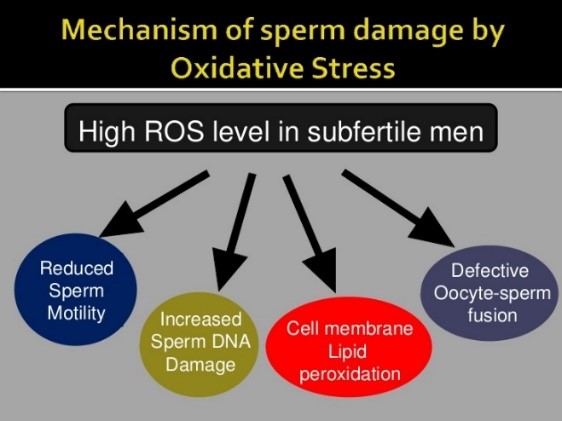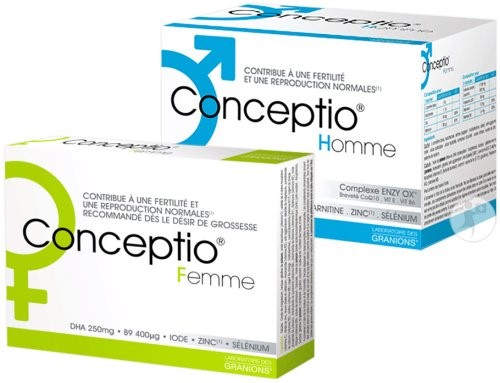Oxidative Stress
Oxidative Stress: Essential Factor Contributing to Male Infertility
Male infertility, contributing to 20-30% of infertility cases, affects not less than 30 million men globally with Africa and Eastern Europe being the most affected regions. Infertility is a source of varied range of financial, physical and emotional problems. Male infertility is usually affected by the patient’s health problems which can lead to low sperm count and hormonal changes.

Sources of ROS
It is well documented that high level of ROS (Reactive Oxidative Stress) with its ability to induce harmful chemical and structural changes to the DNA of the sperm cells, is present in different forms of male infertility. The ROS source can be either endogenous (from inside the body) or exogenous (from outside the body). The essential source of endogenous ROS is leukocytes and immature spermatozoa which exist in the compounded combination of the seminal cells and secretions produced in the male genital tract. Immature spermatozoa are considered important producers of ROS. It is confirmed that the level of ROS activity is correlated with DNA damage; thus, the higher the ROS activity, the lower is the concentration of mature sperms.
The leukocytes are considered the second source of ROS as they produce ROS as part of their defense mechanism against any bacteria. As such, upon any infection, the human leukocyte reaction can interfere in the assisted reproduction by producing ROS which will affect the DNA integrity of the spermatozoa.
Figure 1 sources of reactive Oxidative stress

Exposure to certain toxic chemicals (alkylating and chemotherapeutic agents) and environmental toxicants is the source of exogenous ROS. The impact of exogenous factors to protein and DNA fragmentation is seen to be significant. Additional sources of exogenous would be the life style, smoking, obesity, alcohol, stress and food.
It is essential to mention that the impact of the endogenous and exogenous ROS will be expressively increased by the decline of the naturally existing antioxidants level such as the Vitamin C.
While the current routine semen laboratory test is essential to provide general information about the count, morphology and motility of the sperms, it gives minimal insight about the overall DNA integrity. Clinicians and the researchers are still debating the DNA integrity test due to the inadequate results, the poorly designed studies and lack of control for the female fertility factor.
Treatment Options for ROS
With high oxidative stress leading to DNA damage, vitamins C and E which show to be at low concentration in the tested samples of semen from sub-fertile /infertile patients are the first line naturally occurring antioxidant. The usage of oral antioxidant, which became widely accepted, was tested in numerous clinical studies to identify the clinical impact of such oral antioxidants on improving sperm DNA and thus fertility. The most recent reviews done in 2010 for 17 clinical selected studies indicated that 13 out of these studies where oral antioxidant was used showed improvement in one of the semen characteristics. More interestingly, this same review demonstrated improved pregnancy rates and noticeable decrease in the oxidative stress and DNA damage.
Antioxidant medications are usually prescribed by specialists for a course of 3 months and then a spermogram is indicated before proceeding into any assisted reproductive technology (ART) procedure.
Most antioxidants have vitamins (mostly B and E) and other ingredients like zinc, selenium and carnitine.
Figure 2 Conceptio Anti-Oxidant from Laboratoires Des Granions Unique composition to help reducing ROS

Certain antioxidant products like Conceptio® from Laboratoires Des Granions, used for male and female infertility, with a unique combination of different ingredients showed efficacy in the treatment of ROS. In addition to the known effect of zinc and selenium in inducing spermatogenesis (i.e. development of sperm), Conceptio® includes:
- CoQ10 (Coenzyme Q10) which is also available naturally in the body is effective in treating different conditions including low sperm count.
- L-Carnitine: Due to its effect on improving total sperm motility and progressive motility, and in the reduction of the ROS in seminal fluid, studies supported its presence as a part of male infertility protocol treatment.
- DHA Docosahexaenoic Acid, or DHA, is a type of omega-3 fat, and has important impacts on fertility by supporting both the vitality and motility of sperm.
In April 2019, MEALIS signed a distribution agreement with Laboratoires de Granions for Conceptio® and launched its cooperation in Lebanon and Oman. Laboratoires Des Granions, part of EA Pharm group, is a manufacturer of pharmaceutical, supplements and cosmetic products based in Monaco.
MEALIS is looking to expand its cooperation over other territories in the region.
For more information please visit www.mealis.org
References
The role of sperm oxidative stress in male infertility and the significance of oral antioxidant therapy Human Reproduction, Volume 26, Issue 7, July 2011, Pages 1628–1640
Oxidation-reduction potential of semen: what is its role in the treatment of male infertility? Therapeutic Advances in Urology 2016 Volume: 8 issue: 5, page(s): 302-318
The role of carnitine in male infertility; Andrology, 2016,4,800-807
